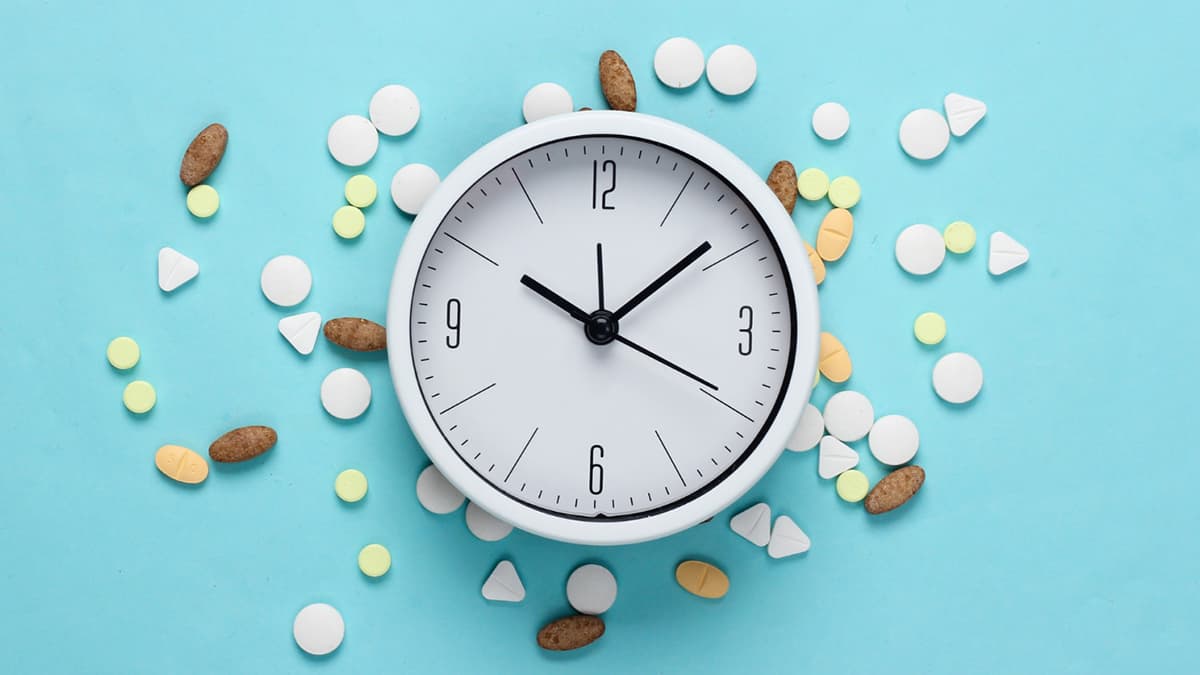The recovery process from addiction to sober living can be a long and trying one. Staying sober requires a lot of hard work and dedication.
Rehab centers can, however, help you get there. They remain the most sought-after method of treatment for substance abuse disorders. Unfortunately, much of how they work is obscure to the average person.
This article will explore the different aspects of addiction treatment to help you better understand how drug rehab works. Visit site to learn more about rehab centers.
What to Expect in Drug and Alcohol Rehab Centers
Rehab centers vary in terms of approach, types of treatment, and duration of treatment but generally, the process of addiction recovery goes through 4 stages:
1. Admission and Assessment
This is the first step of the recovery process. Many facilities have both inpatient and outpatient treatment options, depending on the severity of the person’s addiction.
Some people require round-the-clock care while others might only require occasional visits and evaluations. During this process, methods of treatment are discussed as well as the different options available to the patient and an assessment of their physical/psychological state.
2. The Detox Stage
This is the process by which drugs are flushed out from the body. Medication can be given out at this point if the withdrawal symptoms are severe, as is often the case with prolonged use of alcohol and drugs.
For instance, the synthetic opioid methadone is normally administered to people with an opioid dependency because they suffer from chronic pain and experiencing insomnia as one of their withdrawal symptoms. Detox is crucial because the physical symptoms of drug withdrawal are often what drive addicts back to substance abuse with some cases even leading to loss of life from an overdose.
The detox process is no walk in the park either. Excessive vomiting and diarrhea alone can lead to death by dehydration, not to mention the myriad of other terrible conditions patients experience during this process.
3. Long-Term Treatment
Addiction cannot be cured, only managed through a combination of medicine, psychological evaluation, therapy, and a positive, supportive environment. As such, it requires a long-term approach with the relevant mindset; not one of expecting instant results.
At this point, patients will decide whether they want to be treated away from potentially harmful, triggering environments (inpatient), or if they want to have some freedom to handle personal responsibilities (outpatient). It’s worth pointing out that some facilities also offer partial hospitalization.
4. Recovery and Life After Treatment
As stated earlier, recovery is a lifelong process that one must be committed to. Completing the treatment does not mean you have fully recovered as this is something that you must continue working hard to achieve.
Patients often meet with counselors and medics to discuss aftercare programs in the event of relapses, mental breakdowns, or any potential complications that may crop up down the road.
Sober, Healthy Living
Despite the challenges of addiction, rehab facilities have shown time and again that it is possible to recover from addiction sobriety if one is dedicated and committed to it. Just keep in mind that getting better is a lifelong commitment to overcoming your addiction so that you can live a sober, productive, and healthy life.








Leave a Reply
You must be logged in to post a comment.